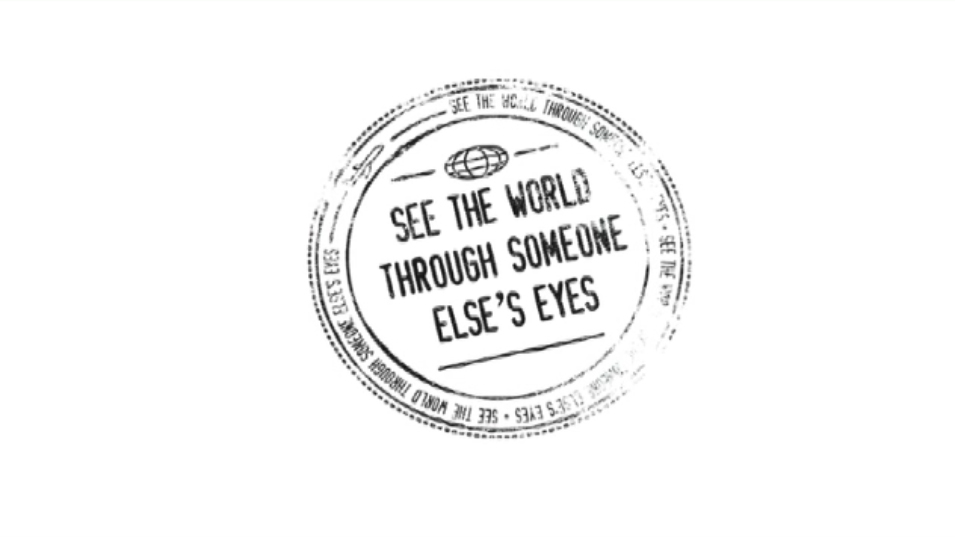School Policy:
This for me was interesting as they have two ethical policies; 'CODE OF PROFESSIONAL ETHICS FOR ALL STAFF' and an 'EXPRESSIVE ARTS POLICY'. Planning to look at Performing Arts and the curriculum for my inquiry, having a school policy dedicated to the teaching of expressive arts is of great interest to me. However, for the purposes of this task, I will just look at the content of the main ethics policy implemented within this setting.
School Ethics Policy - With permission of employer
Page 1
School Ethics Policy - With permission of employer
Page 2
The second point (page 1) raised in this policy is being respectful towards other teachers, something I did not mention in 5a, however for me this goes without saying.
Point three, talks about being a role model. Again being in a position of imparting knowledge and guidance as a teacher, I would once again think this goes without saying.
The first point that I was not aware of is point five, considering complaints procedure. I had never really considered that there would be such a guideline in place mainly because I would associate complaints with a retail environment rather than a school setting. I have also never (and hopefully never will) been involved with the process of a complaint so I have had no prior experience from which to draw upon.
With point six, although I did not raise this in task 5a, I am aware that discussing other teachers competency and conduct with pupils should never happen. Teachers are a team and have to 'have each others backs' as it were. This helps with behaviour management and respect. Once again, a teacher is a role model and speaking negatively of another teacher in front of a pupil does not portray a positive image of oneself. Point seven (page 2) also comes back to the ideal of being a good role model.
The major point listed on page 2, is that of social media and school. I am aware of social media and the problems it can cause, especially after undertaking module one of the BAPP, and that because of the potential implications, social media for teachers in particular, should be handled within extreme caution.
ISTD Policy:
http://www.istd.org/documents/code-of-professional-conduct-practice-for-teachers-of-dance/
Reading the ISTD's 'CODE OF PROFESSIONAL CONDUCT AND PRACTICE FOR TEACHERS OF DANCE', I think most of the points raised were ideas that I had also mentioned within my private dance teaching ethical considerations in task 5a, only more thoroughly explained.
Further Ideas:
I also blogged about additional ethical practices I try impose on myself when teaching such as never being alone with a child. This is one that although I would like to always happen, as Sinead mentioned in her feedback comments on task 5a, this is not always possible, especially when working within an SEN school where a child may need help changing before swimming or P.E.
...'i have found it almost impossible uncertain situations to not be alone with a certain student,especially one with severe learning difficulties requiring assistance in getting ready! That one always does make me question everything ethical!'
Another area which I have found a little grey when working within a SEN setting, is that of using force to restrain a child from hurting themselves or the people around them. I have recently looked up the official government guidelines on this area and still find I am struggling with how exactly it is monitored within schools, when often a child is restrained by only one person so there is nobody to act as witness to what is happening.
Link to government guideline document including links to further sources of relevant information:
This is an area of great interest to me from an ethical stand point and one I intend to look further into for my own awareness when teaching.
Conclusion:
I feel that my initial thinking within task 5a was along the right tracks and I did have a fairly solid prior knowledge of ethics relating to my professional practice. This task has given me the opportunity to highlight where there are some gaps in my knowledge for future learning and has given me ideas on which areas I would like to learn more about for my own ethical peace of mind.









